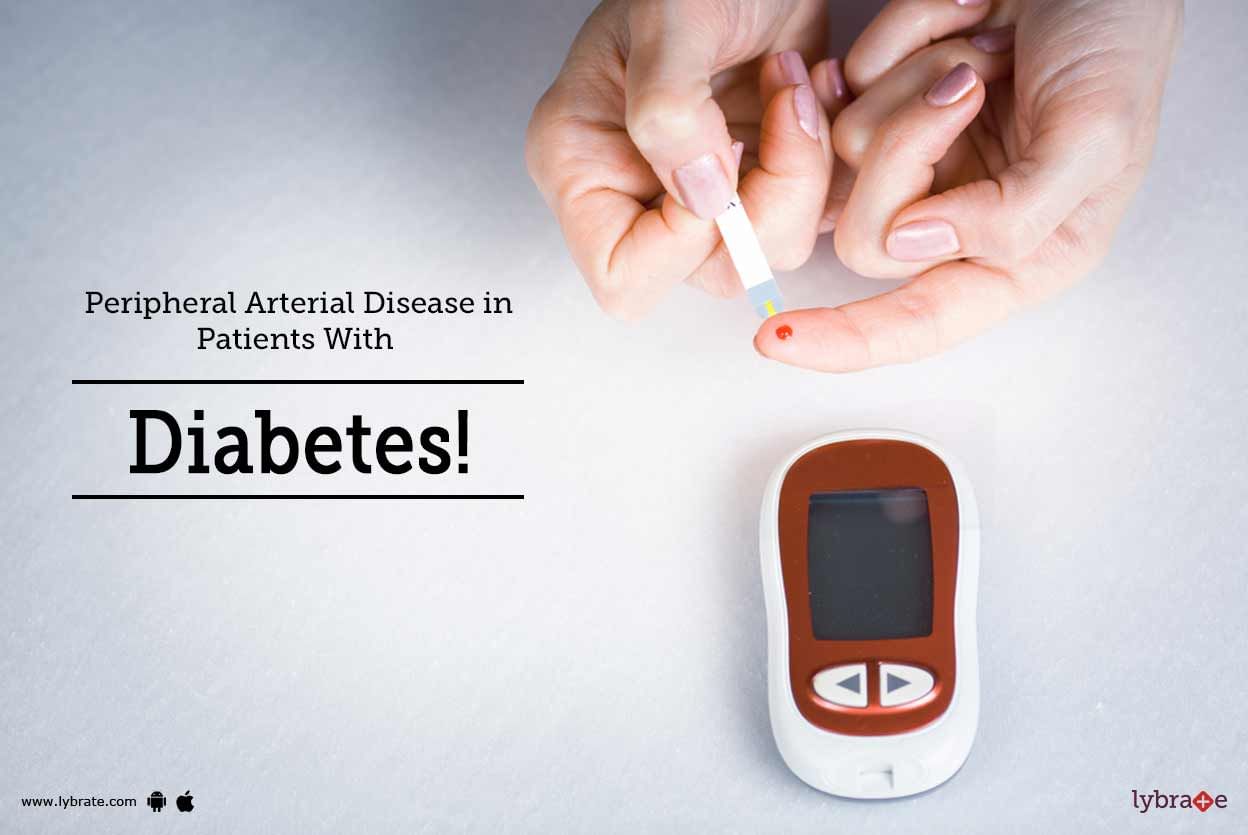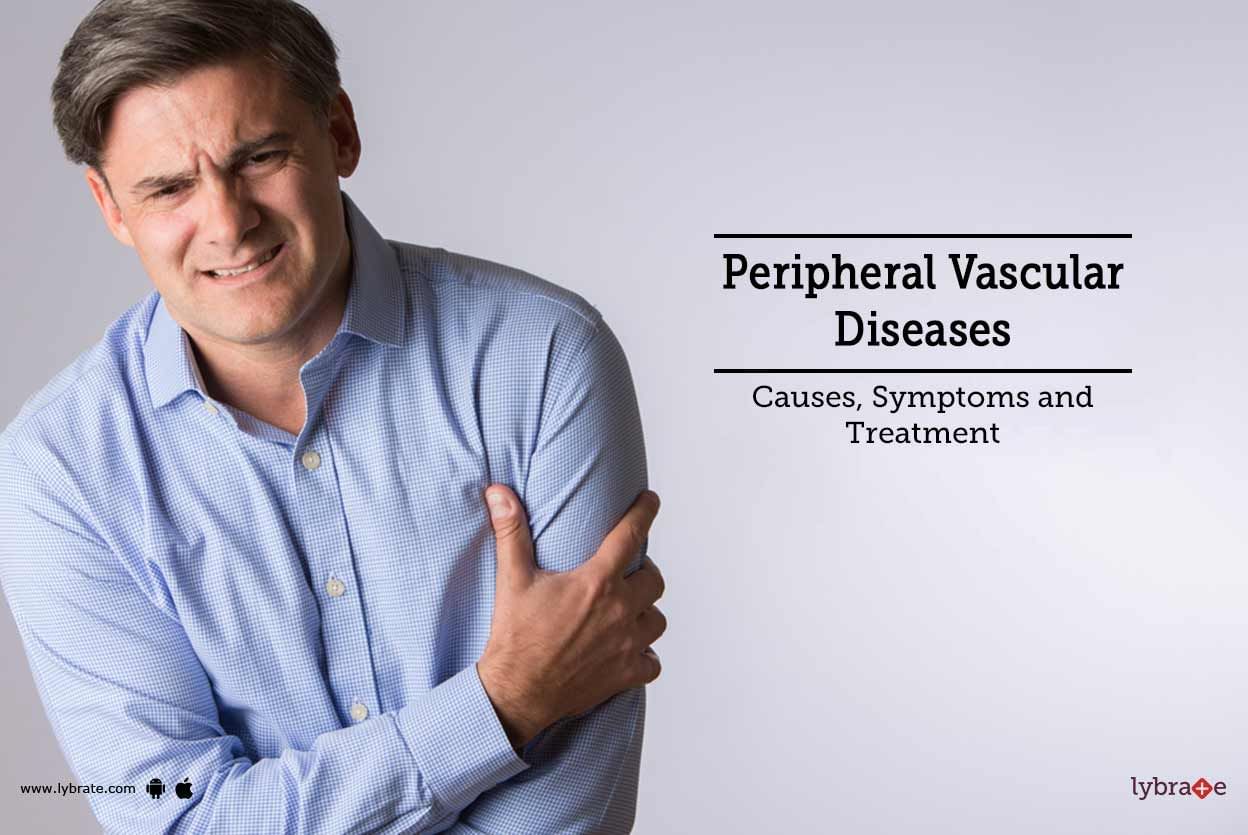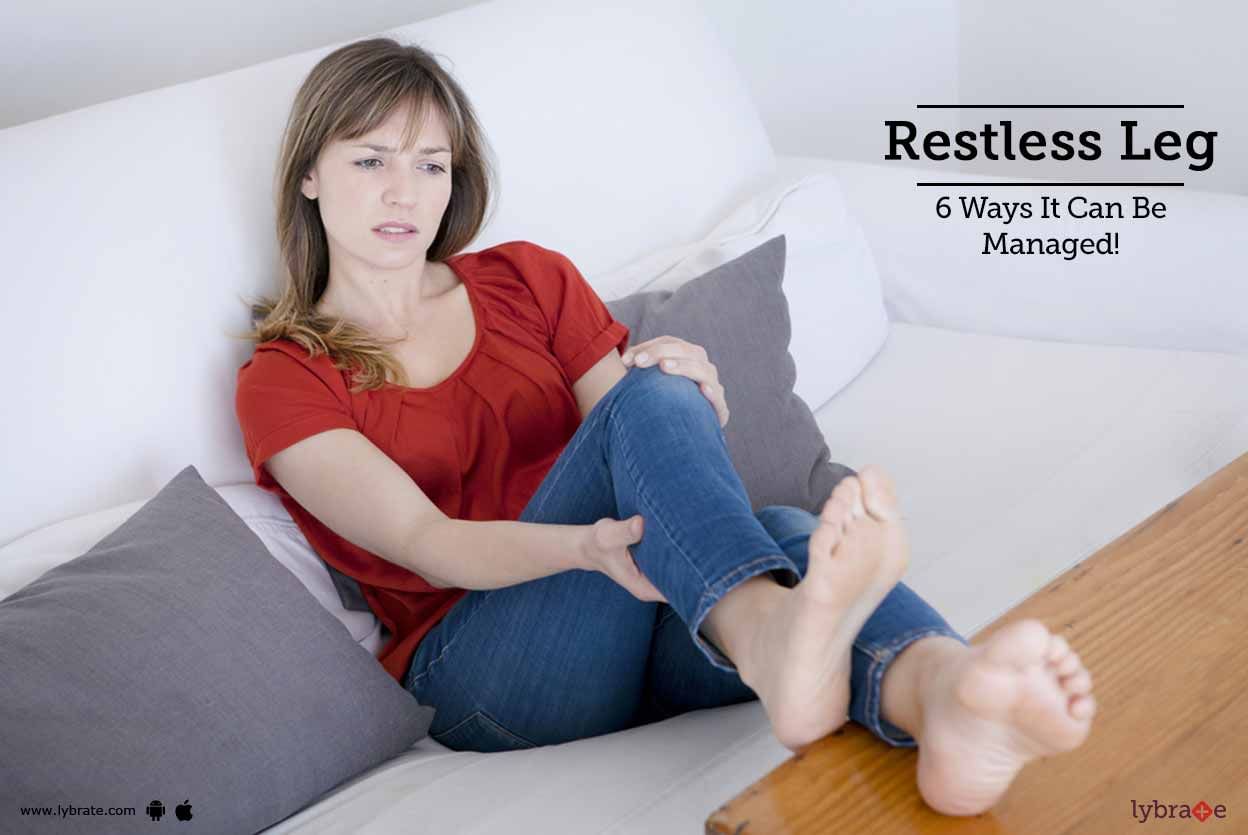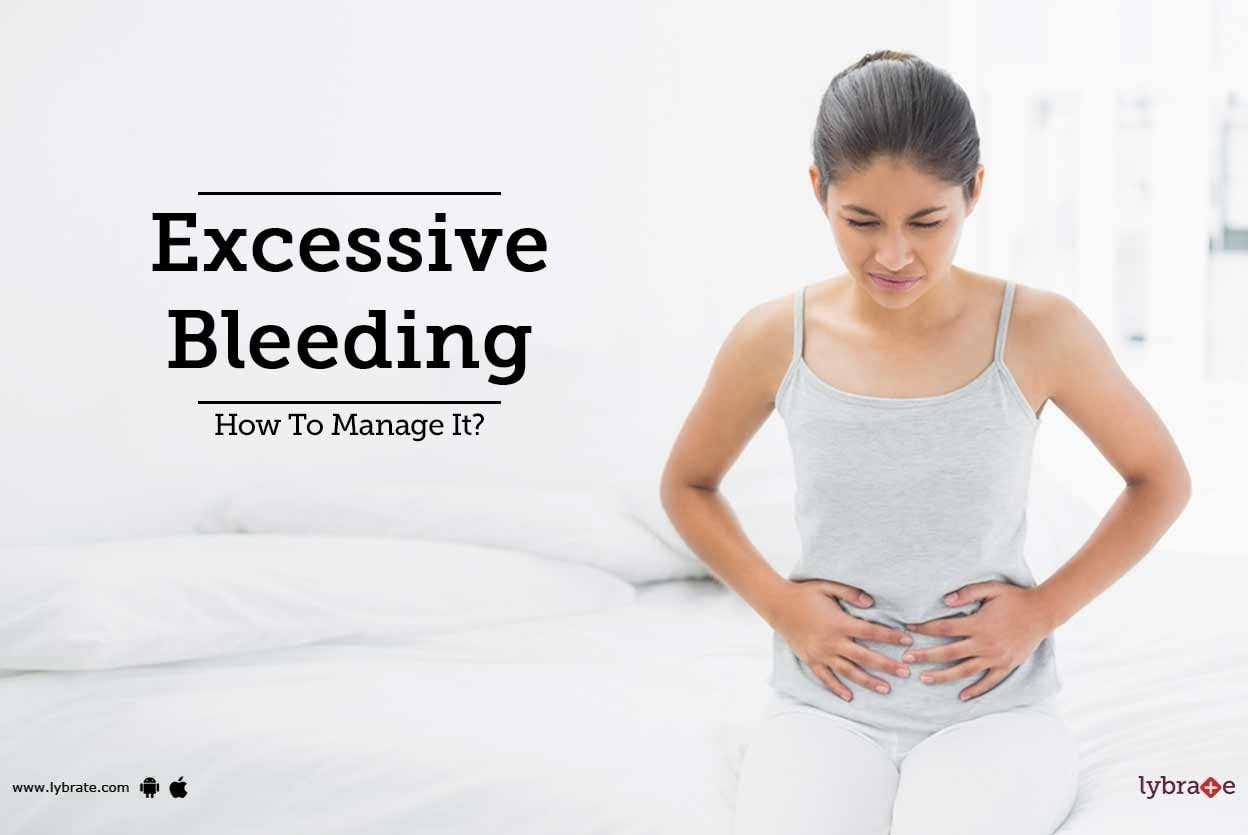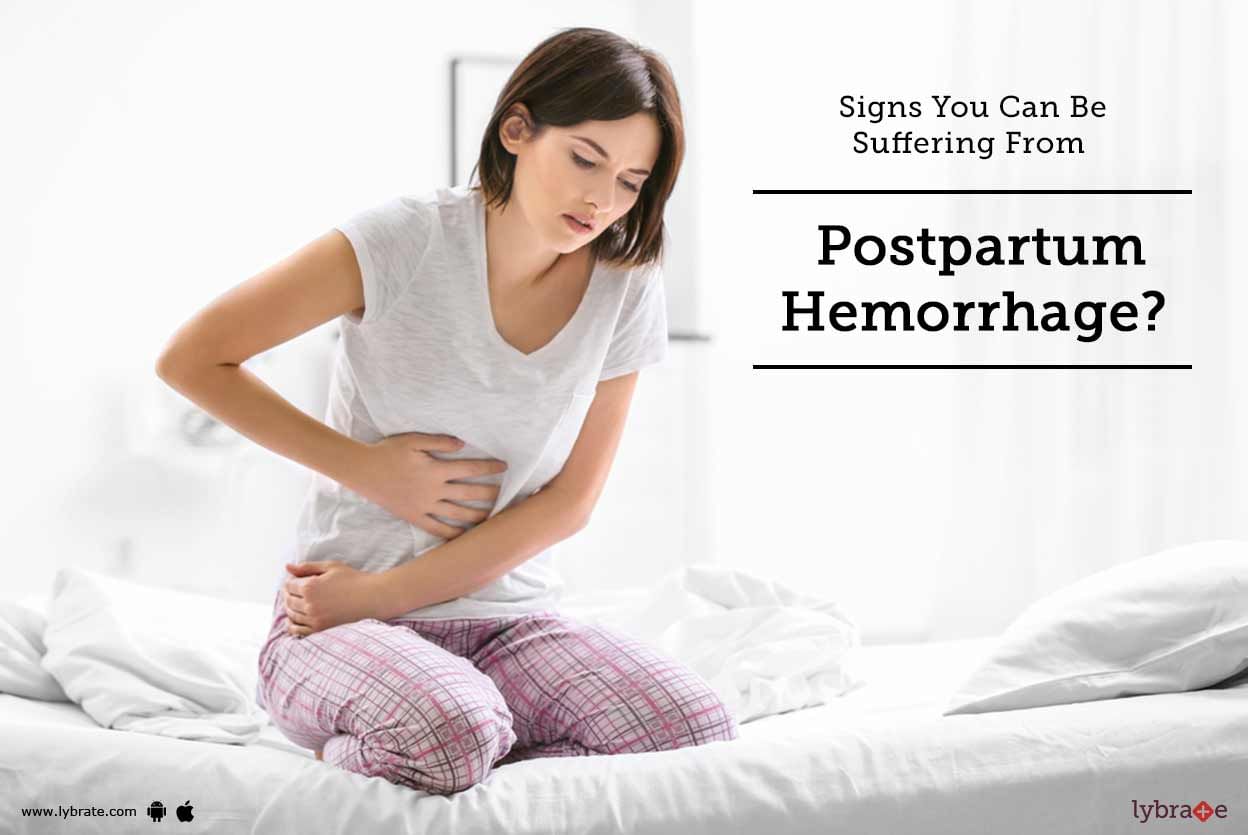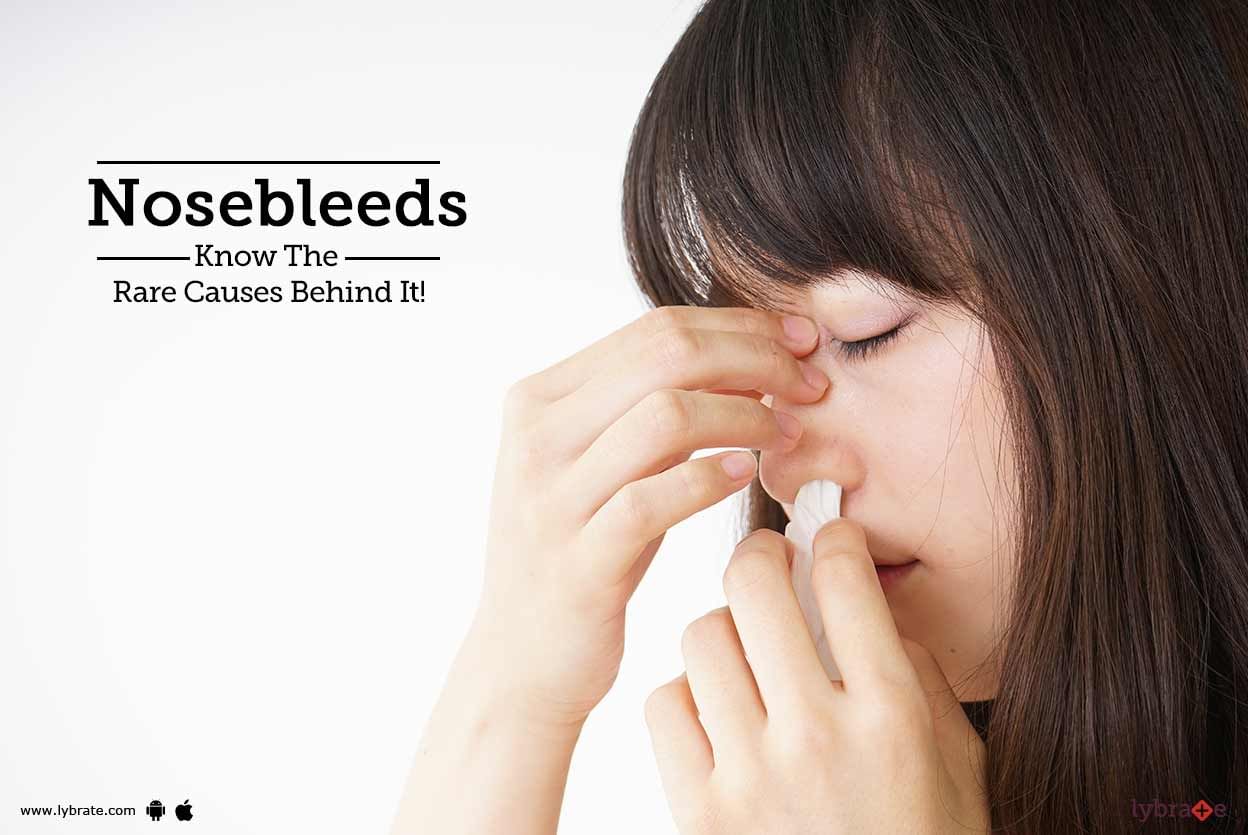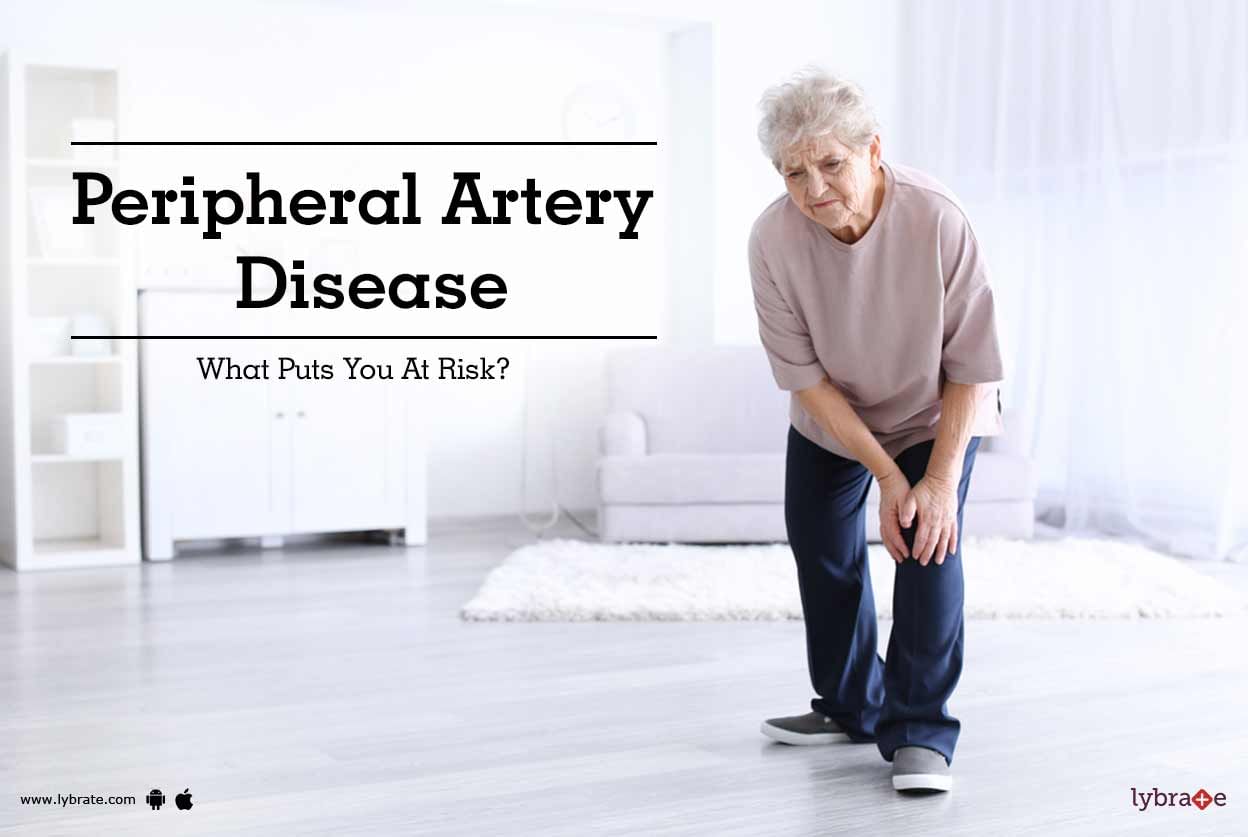Get the App
For Doctors
Login/Sign-up
Health Feed
Find Doctors
Health Packages
AllQ&AsTipsQuizzes
Painful Arc Syndrome Tips
Last Updated: 6 years ago• Featured Tip
Share
Bookmark
Report
Sleep is known to most as a period of rest and relaxation, but there are multiple disorders which are associated with sleep too. Hypersomnolence or hypersomnia is one of the most common sleep disorders. This is characterized by excessive daytime sleepiness and prolonged periods of sleep at night. They wake up fresh in the morning, but can easily go back to sleep any time of the day without feeling strained or tired. There is again no freshness associated upon waking up. Funny as it may sound, th...more
Last Updated: 6 years ago• Featured Tip
Share
Bookmark
Report
Most women attain menopause between the ages of late 40s and early 60s, the average age being about 51. This is an important milestone in a women's gynecological history. One major change is altered female hormone levels, and this leads to a lot of physiological changes. From hot flashes to mood swings, there is also increased predisposition to osteoporosis and uterine cancer.
If you have not had your menstrual cycles for close to 12 months, chances are you are into menopause. So, that ...more
If you have not had your menstrual cycles for close to 12 months, chances are you are into menopause. So, that ...more
Last Updated: 7 years ago• Featured Tip
Share
Bookmark
Report
Peripheral arterial disease or commonly known as PAD is a common cardiovascular disease. Despite having the power to cause painful symptoms and severe health risks, it is overlooked by many. This particular arterial disease may lead to life-threatening consequences if left untreated for long. Read on to know more about the condition.
What is PAD?
PAD refers to the situation where in the peripheral arteries to the arms, head, stomach, and legs become narrow. Often referred to as the ...more
What is PAD?
PAD refers to the situation where in the peripheral arteries to the arms, head, stomach, and legs become narrow. Often referred to as the ...more
Last Updated: 7 years ago• Featured Tip
Share
Bookmark
Report
Peripheral vascular disease (PVD) is a circulation issue that affects the arteries and blood vessels outside of the brain and heart. PVD commonly strikes the arteries that supply blood to the arms, legs, and organs situated beneath the stomach. These are the arteries that are located away from the heart. They are known as peripheral vessels.
In PVD, the width of the arteries get limited. Narrowing is normally created by arteriosclerosis. Arteriosclerosis is a condition where plaque deve...more
In PVD, the width of the arteries get limited. Narrowing is normally created by arteriosclerosis. Arteriosclerosis is a condition where plaque deve...more
Last Updated: 7 years ago• Featured Tip
Share
Bookmark
Report
Restless leg syndrome is a condition where the nervous supply to the lower legs (and sometimes hands) is affected. The person has a constant urge to move the legs due to the tingly sensation or the pins and needles sensation and so this condition is called as restless legs syndrome (RLS). It is almost never a standalone condition and is often associated with other nervous system conditions.
It is a progressive condition and aggravates with time. The patient may experience episodes of this di...more
It is a progressive condition and aggravates with time. The patient may experience episodes of this di...more
Last Updated: 7 years ago• Featured Tip
Share
Bookmark
Report
What is menopause?
Menopause is that phase in the life of a woman when she can no longer reproduce. It involves the loss of fertility and the cessation of the menstrual cycle. The woman will stop bleeding every month and the ovaries stop producing eggs that can be fertilized. Menopause normally sets on after the age of 40 and bleeding may permanently stop by the age of 50.
Post menopausal bleeding
You are known to reach menopause when you have not been bleeding for 1 entire year...more
Menopause is that phase in the life of a woman when she can no longer reproduce. It involves the loss of fertility and the cessation of the menstrual cycle. The woman will stop bleeding every month and the ovaries stop producing eggs that can be fertilized. Menopause normally sets on after the age of 40 and bleeding may permanently stop by the age of 50.
Post menopausal bleeding
You are known to reach menopause when you have not been bleeding for 1 entire year...more
Last Updated: 7 years ago• Featured Tip
Share
Bookmark
Report
Every woman has her own pattern of menstruation. Abnormal bleeding can lead to excessive and unnecessary blood loss and may result into anemia. If a woman notices that the amount and or number of days of menstruation are more... she should get herself checked to find out why is she having excessive bleeding. Many women think that it is good that they are bleeding heavily. But that is a myth.
Causes:
Hormonal imbalance
Polyps or fibroids
Uterine infections
Cance...more
Causes:
Hormonal imbalance
Polyps or fibroids
Uterine infections
Cance...more
Last Updated: 7 years ago• Featured Tip
Share
Bookmark
Report
Postpartum hemorrhage is a condition where a woman may lose a lot of blood (approximately 500ml to 1000ml) from her vulva shortly after childbirth. This usually occurs within the first 24 hrs of childbirth and can even result in severe blood loss threatening the mother s life in case the blood loss is over 2000 ml. Secondary postpartum hemorrhage can also occur until 12 weeks after childbirth and this extra care should be taken, if there is any such possibility.
Symptoms of postpartum h...more
Symptoms of postpartum h...more
Last Updated: 7 years ago• Featured Tip
Share
Bookmark
Report
Nosebleed is a condition wherein blood vessels burst in the nasal lining. Nosebleeds are fairly common and it is rarely a serious condition.
I. Anterior nosebleed:It is caused by the eruption of a blood vessel at the tip of the nose. Anterior nosebleeds are generally easy to control by yourself or by a doctor.
II. Posterior nosebleed: It is a rare type of nosebleed. Posterior nosebleed mostly occurs in older people. It occurs when an artery bursts behind the nose, which causes the blood ...more
I. Anterior nosebleed:It is caused by the eruption of a blood vessel at the tip of the nose. Anterior nosebleeds are generally easy to control by yourself or by a doctor.
II. Posterior nosebleed: It is a rare type of nosebleed. Posterior nosebleed mostly occurs in older people. It occurs when an artery bursts behind the nose, which causes the blood ...more
Last Updated: 7 years ago• Featured Tip
Share
Bookmark
Report
The circulatory system involving blood vessels and valves is quite an intricate networking system. Blood flow is maintained in separate channels controlled by valves. The vessels distant from the heart are known as peripheral arteries (and veins). Due to fatty deposits, the blood vessels narrow, and therefore their blood-carrying capacity reduces. This leads to reduced blood supply to the legs. The blood carries essential nutrients, and when the legs do not receive it, their function is affected...more
Book appointment with top doctors for Painful Arc Syndrome treatment
View fees, clinic timings and reviews
Ask a free question
Get FREE multiple opinions from Doctors
posted anonymously






